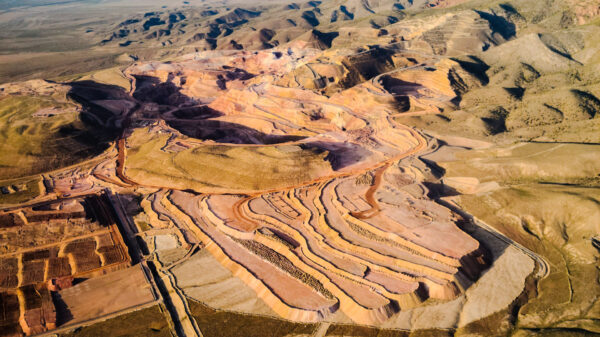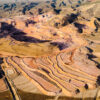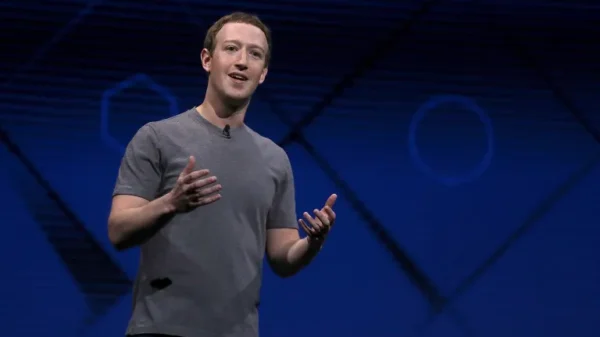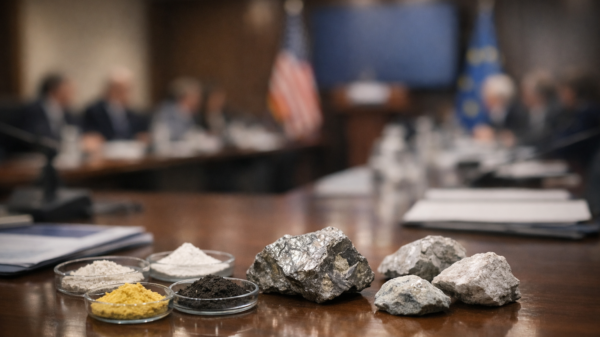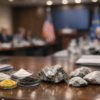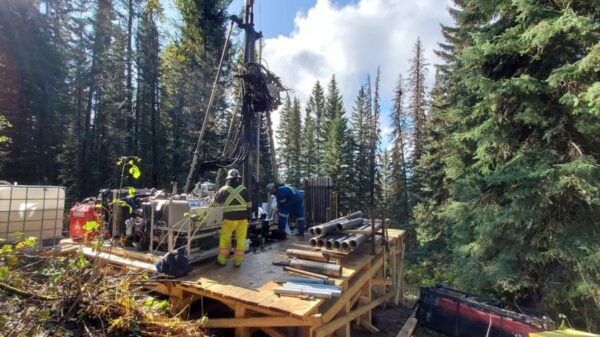Lithium extraction in Argentina is up 49.7 per cent between January and April compared to the same time period from the year prior, according to data from national statistics agency Index released on Friday.
Lithium is a soft, silvery-white metal that belongs to the alkali metal group in the periodic table. It is the lightest metal and also highly valued in modern technology due to its unique properties and numerous applications. The biggest use of lithium today is in rechargeable lithium-ion (Li-ion) and lithium polymer (LiPo) batteries. These power a wide range of devices, including everything from smartphones and laptops.
Additionally, the rise of electric vehicles has driven a surge in demand for lithium. These vehicles rely on lithium-ion batteries for power, playing a key role in the transition to cleaner, more sustainable transportation. Additionally, lithium-ion batteries are necessary for storing energy generated by renewable sources like solar and wind. This will help to balance supply and demand and ensuring a stable and reliable energy grid.
The geopolitics of lithium are predictably tense.
China exerts a significant stranglehold over the global lithium extraction and production market. It processes more than 50 per cent of the world’s lithium, refining raw lithium into lithium hydroxide and lithium carbonate, which are essential for battery production.
The United States is actively pursuing several strategies to break China’s stranglehold on the lithium market. The federal government has launched initiatives to bolster domestic lithium production. These include financial incentives and regulatory support for mining and refining projects.
Read more: Lithium South completes pumping test in Alba Sabrina Tenement
Read more: Lithium South installs first production well at largest claim block, prepares for testing
President Milei looking to attract investment
Argentina has a peculiar part to play in the unfolding lithium extraction drama.
The nearly six-month-old government of libertarian President Javier Milei seeks to reverse a prolonged economic slump driven by triple-digit inflation by attracting investments from foreign companies in Canada, China, and others. As part of the so-called “lithium triangle” along with Chile and Bolivia, it has become a significant focus for these investments.
He’s been on a circuit tour of the United States, having conversations with tech moguls like Elon Musk, OpenAI’s Sam Altman and Apple’s Tim Cook, building relationships he could spin into foreign direct investment.
This comes at an opportune time for both Argentina and the United States as President Joe Biden has recognized the need for finding alternative sources of lithium outside of China.
President Biden’s Inflation Reduction Act includes provisions aimed at bolstering the domestic supply chain for critical minerals, including lithium. It also offers tax incentives, grants, and loans for the development of lithium mining, processing, and battery manufacturing facilities within the United States. The act aims to attract substantial direct investment. It includes provisions for contributions from countries the United States shares a trade agreement.
Right now, that doesn’t include Argentina, but it could in the future and will if Milei has any moves to make.
In the interim, there are a handful of companies doing business in Argentina. A few of these include Arcadium Lithium plc (NYSE: ALTM) (ASX: LTM), which operates four properties over two provinces. It operates the Salar Del Hombre Muerto and the Sal De Vida in the Catamarca Province. Also, Lithium South Development Corporation (TSXV: LIS) (OTCQB: LISMF) (Frankfurt: OGPQ) is focusing on its flagship lithium brine project in the Hombre Muerto North Lithium Project.
Lithium South Development Corporation is a sponsor of Mugglehead news coverage
.
Follow Joseph Morton on Twitter
joseph@mugglehead.com







